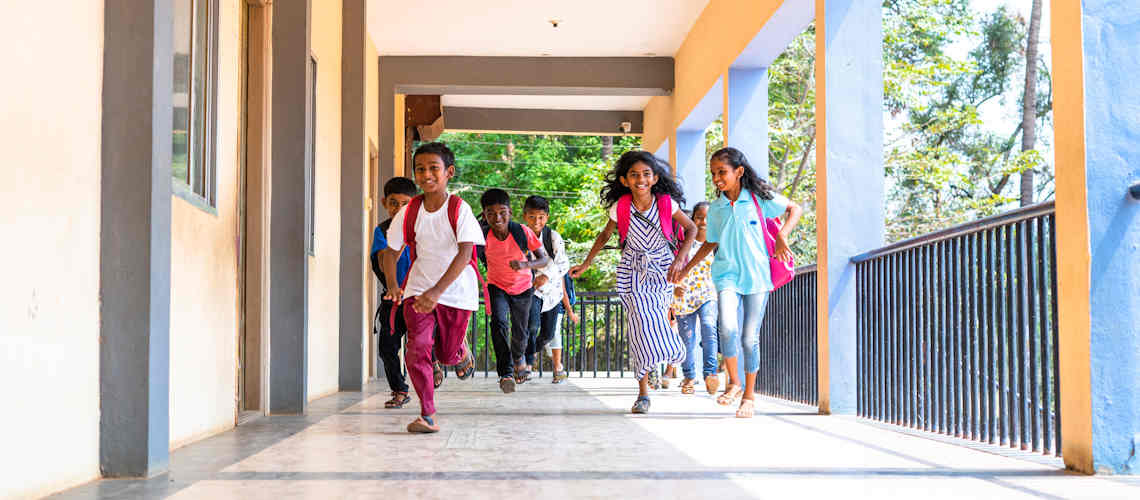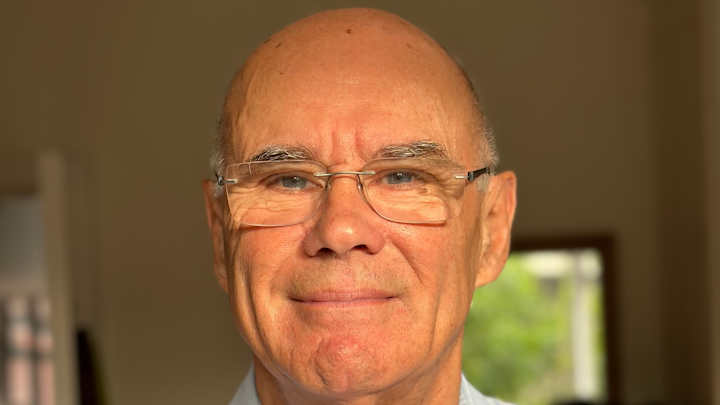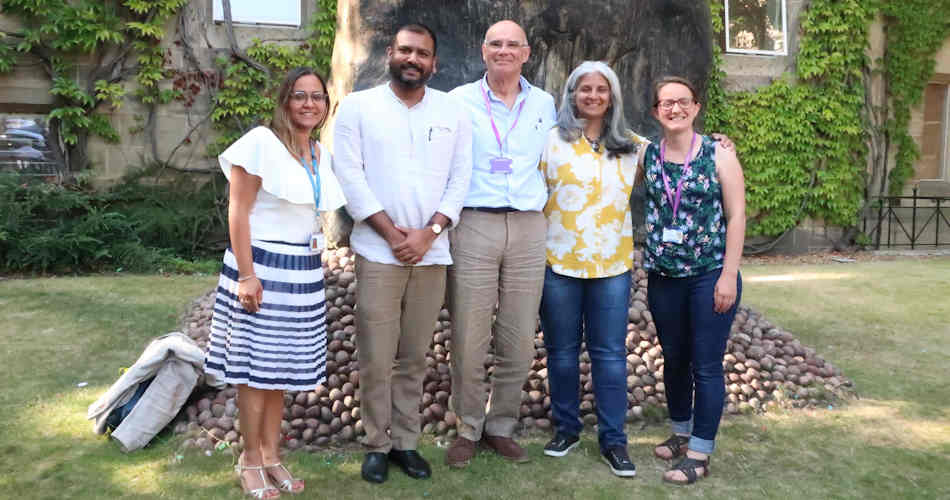Adapting autism interventions to meet health needs in South Asia
Autism spectrum disorder (ASD), a neurodevelopmental disorder, is found around the world, with prevalence of 1% in countries like India. However, there is a significant service gap in supporting families to receive a diagnosis and evidenced interventions. An evidenced social communication intervention from original Manchester-led UK research has been adapted for low-resource settings and non-specialist delivery in two regions in South Asia to help boost support for families with young autistic children.

It is estimated that one in 100 children worldwide are diagnosed with ASD. The majority of children with developmental disabilities such as autism reside in low and middle-income countries such as those in South Asia.
For health professionals in these countries, devising and implementing interventions to help children with ASD can be challenging. Health systems may not be funded in the same way as western systems, and healthcare staff might not have the training required to fully assist children and families with their needs.
At Manchester, a team led by Jonathan Green, Professor of Child and Adolescent Psychiatry in the School of Health Sciences, is working with healthcare collaborators in South Asia through SANGATH, a Goa-based non-profit organisation that works to develop evidence-based innovative intervention programmes in mental healthcare.

Professor Jonathan Green
Jonathan is Professor of Child & Adolescent Psychiatry at The University of Manchester.
This collaboration will test the rollout of adapted versions of early interventions of autism for populations in India, Sri Lanka, and Nepal as part of the £6.9 million Global Health Research Unit on Neurodevelopment and Autism in South Asia Treatment and Evidence - known as NAMASTE, funded by the National Institute of Health Research (NIHR) using UK aid from the government to support global health research.
"This is a tremendous award for global health research and development in autism, initiating for the first time an evidenced integrated detection and care support pathway adapted to the needs of low resource settings with non-specialist delivery," Jonathan says.
"NAMASTE has the potential to initiate a step-change in the reach and effectiveness of autism healthcare in low-resource settings, and support ongoing clinical research developments to benefit the whole region and beyond."
The Manchester connection
Research in this area has been taking place at the University for 20 years. Published results show early interventions that involve parents can make a real difference to the development of autistic children.
For instance, the Paediatric Autism Communication Therapy (PACT) intervention for families of autistic children has been shown in high quality randomised studies to result in sustained improvement in developmental outcomes, continuing six years after pre-school treatment. A similar iBASIS intervention in infancy, developed by researchers at Manchester, has also been shown to improve later diagnostic outcomes.

In 2010, Jonathan was contacted by colleagues in India and Pakistan who wanted to adapt these interventions for use in low-resource settings in South Asia. Funding from Autism Speaks US and Grand Challenges Canada helped to make these adaptations, collectively now known as Parent-Mediated Autism Social Communication Intervention for non-Specialists Plus (PASS+). These adaptations are delivered by lay health workers and supported by a digital training and supervision platform.
Research trials have shown that PASS+ is the first intervention of its kind to display effectiveness in such settings, with real-world impact in two initial randomised controlled trials and a large-scale evaluation underway in New Delhi.
Innovating in global health
NAMASTE will test and evaluate a combined intervention pathway that will identify children with NDD or ASD and flag the appropriate intervention for them – individualised PASS+ for ASD, or a group-based Caregiver Skills Training (CST) developed by the World Health Organisation for more general neurodisability.
The evaluations will take place across four separate healthcare systems to see how the pathway could work in different countries. This is crucial because different systems currently handle autism interventions in different ways, partly due to varying numbers of specialists in each country, which is why training non-specialists to deliver the interventions is so important.
Researchers will then evaluate the effectiveness of digital training for healthcare professionals and whether the pathway for detection is feasible.
They will also look at the impact of interventions on families and children, as well as engagement within the community and wider public.
NAMASTE will be a collaboration between the two lead organisations and Autism Care Nepal, the College of Paediatrics Sri Lanka, Harvard Medical School, La Trobe University, Kings College London, the World Health Organisation and Ummeed, Mumbai.
"This is the result of over ten years of systematic research in the area of community care for autism," says SANGATH's Dr Gauri Divan, who is co-principal investigator on NAMASTE.
"We know that families continue to struggle to receive a diagnosis and then to find proven affordable care. We hope to use our experience with working with ASHA workers in Delhi, who have been delivering the PASS Plus intervention in the homes of families.
"This experience has given us confidence that we can implement this across districts in South Asia by collaborating with existing healthcare providers, and provide examples for scaling up services."

Why global health is everyone's health
While NAMASTE focuses on interventions for South Asian countries, the project could have wider benefits for healthcare for and research into autism.
For example, non-specialists in the UK such as health visitors could learn from the new approaches being developed for individual countries if they do not already exist in the UK and can add to existing expertise.
For researchers, findings relating to the autism interventions being tested in NAMASTE – which take the form of psychological therapies – could be applied in other areas, including both children's and adult mental health.
NAMASTE's NIHR funding will create a global health research unit to deliver training online, as well as post-training support through communities of practice. These communities enable professionals to support each other as they learn and apply interventions.
If the study is successful and these communities of practice are shown to have a positive impact, they could become embedded in health systems more widely – although this is also dependent on financial investment. Such investment could help create a cascade effect where professionals train their peers, rather than relying solely on a top-down approach.
This cascade effect could help tackle some of the effects of funding inequalities for countries around the world.
"Global health is how we have to operate," Jonathan says.
Parent advocate Gopika Kapoor, who will be part of the programme, explains: "As a parent of a child with autism, living in an urban area with access to resources and no financial constraints, I am aware of my privileges, as I am of the fact that my son and I form a minority in the Indian subcontinent.
"NAMASTE will help families across the subcontinent access evidence-based care techniques, which will help them support their children to thrive."
Learn more about the NAMASTE project.
